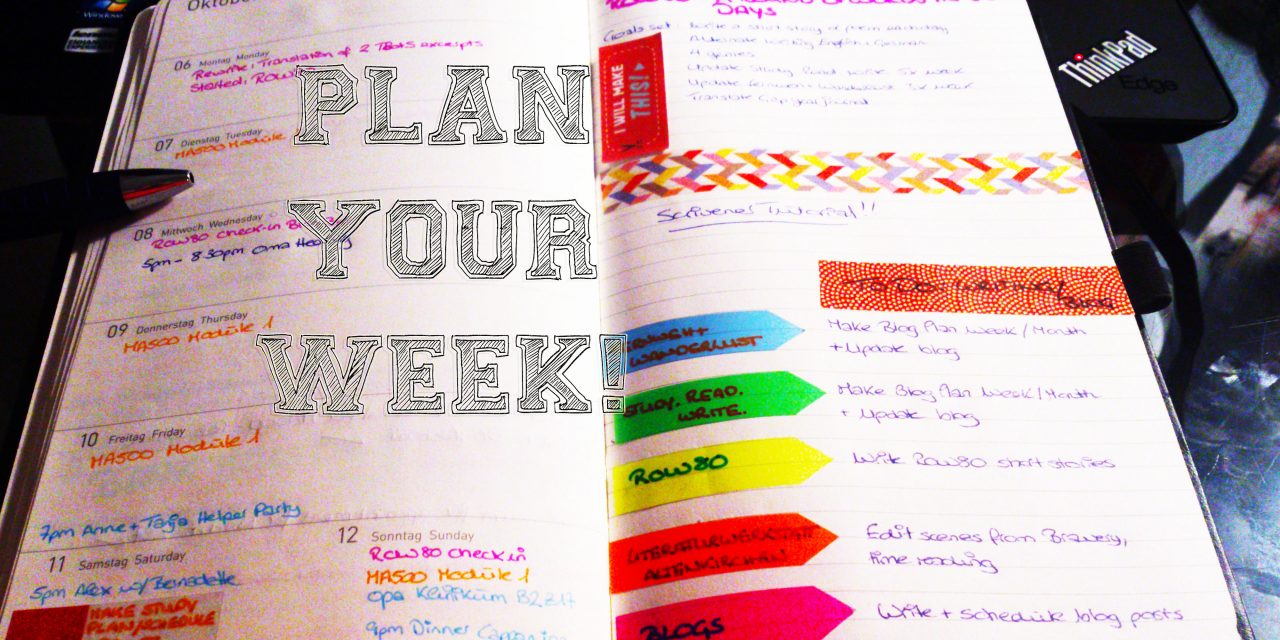I love something that someone recently said on Twitter. They said, ‘It is the small habits. How you spend your mornings. How you talk to yourself, what you read; what you watch; who you share your energy with; who has access to you. That will change your life. For the discerning, that is enough to get you reflecting on your personal life. I shared that with you because it relates to our topic in this article. In order to be deliberate about how you spend your time, you need to plan accordingly. That is why we are looking at how to plan your week effectively.
Mental Inventory Prior To A New Week
This involves taking some time, in your mind, to project into next week from where you are now. What is it that you want to do next week? Make a note of everything, even what might seem to be too small or mundane. You are doing this before next week to avoid having pressure. Have you ever experienced the pressure that comes with having to make several decisions all at once? This is what you will be seeking to avoid by taking a mental inventory prior to the coming week. To ensure you do not overlook some things, write down all that you want to do next week. In so doing, you will get to notice some tasks that are not really important. You can sift the tasks by weighing their importance and necessity or lack thereof.
Set Aside Time To Reflect Every Morning And Every Evening
By ‘reflect’, I am referring to thinking seriously, considering or pondering on something or some things. You must take time to reflect every single morning before you start your day’s tasks. Remember what we once discussed regarding the victory hour from Robin Sharma’s book The 5 Am Club? The 0520hrs to 0540hrs segment of the 0500hrs to 0600hrs victory hour is about reflection.
You must take time to journal or write down what you intend to do in the day. You can also take stock of what is weighing down your mind. It could also be an inspiration or ideas that can come to mind. You can do this with the help of taking a walk or meditating. Later in the evening, you must also find about 20 minutes to reflect on how the day went. This time will also help you recalibrate the coming day if there are outstanding things to do from today.
Carrying Out Tasks In Time Blocks
You are now rolling out your week and carrying out the tasks you decided on. You have to be systematically in how you allocate time to these tasks. Time blocking must be anchored on using a deep work approach. This is where you set aside a number of fixed hours in your day where you work uninterrupted on your tasks. During those hours, you block off any possible distractions. An example of a time-blocking framework is the 60-10 rule. The 60-10 rule involves breaking down your tasks into 60-minute blocks of work, followed by 10-minute breaks. This is a guideline, but you can always tailor your time blocks. All of this is pivotal in enhancing your productivity.
Celebrate Your Wins No Matter How Small
Dopamine is a neurotransmitter considered to be the brain’s pleasure and reward system. One way of causing its releases is by accomplishing your set goals. Even just completing simple tasks, e.g. cleaning your room, promotes its production. I am saying this to highlight the importance of celebrating your wins. Not only is this healthy for you, but it will also condition you to be motivated for the next tasks.
These are 4 ways you can use to plan your week effectively. These are guidelines to show you how to go about it. Otherwise, it is mainly up to you to devise a system that works for you. Do not be too rigid or hard on yourself; be flexible. Always evaluate how things are going to identify what works and what does not. Then you see to it that you make the necessary adjustments. Be honest and objective with yourself.








